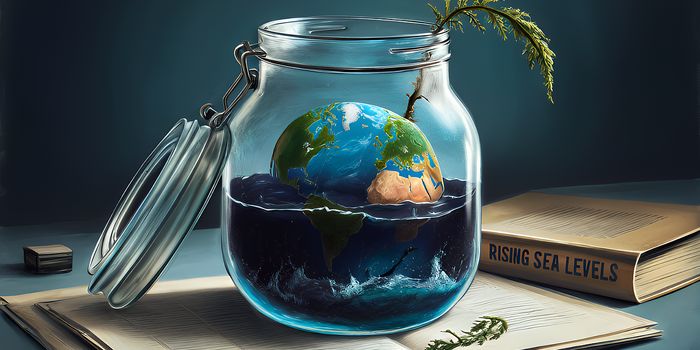Enough is enough.
Who are we kidding? All these far-fetched climate change solutions aren’t actually helping anybody – if anything, they’re hurting us! At least that’s what a new study published in Nature Climate Change touts. Penned by researchers from Lancaster University, the study says it’s time to stop promising grand technological bailouts and constantly-reframed targets for climate change. This dependence on future technology is only enabling current failure to act, say the researchers.
"For forty years, climate action has been delayed by technological promises,” says Duncan McLaren and Nils Markusson from Lancaster Environment Centre. “Contemporary promises are equally dangerous. Our work exposes how such promises have raised expectations of more effective policy options becoming available in the future, and thereby enabled a continued politics of prevarication and inadequate action.
"Prevarication is not necessarily intentional, but such promises can feed systemic 'moral corruption', in which current elites are enabled to pursue self-serving pathways while passing off risk onto vulnerable people in the future and in the global South.”
From spraying particulates in the stratosphere to reduce the heat from the sun, to sucking CO2 from the atmosphere with machines, to restoring icebergs with wind-powered pumps, the ideas for solving climate change range from imaginable to downright science fiction. The authors say that these futuristic technologies create a savior complex that, combined with the evolution of shifting climate targets, only enable delay.
"Each novel promise not only competes with existing ideas but also downplays any sense of urgency, enabling the repeated deferral of political deadlines for climate action and undermining societal commitment to meaningful responses.
"Putting our hopes in yet more new technologies is unwise. Instead, cultural, social and political transformation is essential to enable widespread deployment of both behavioral and technological responses to climate change," they conclude.
Sources: Nature Climate Change, Science Daily









